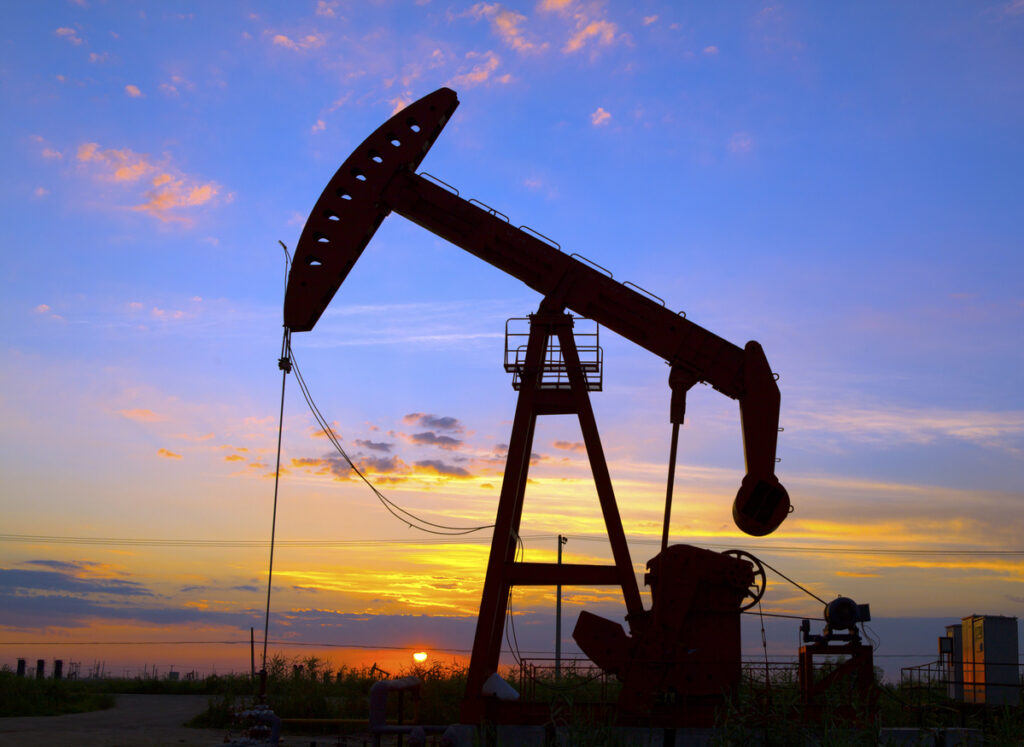(Investing) – NEW YORK -Oil prices climbed about 2% on Tuesday to a two-week high, as persistent geopolitical tensions between Russia and Ukraine and the U.S. and Iran looked set to keep sanctions on both Russia and Iran in place for longer.

futures rose $1.11, or 1.7%, to $65.74 a barrel at 11:21 a.m. EDT (1521 GMT), while U.S. West Texas Intermediate (WTI) crude rose $1.17, or 1.9%, to $63.69.
That puts Brent on track for its highest close since May 14 and WTI on track for its highest close since May 13.
“Risk premia have filtered back into the oil price following deep Ukraine strikes on Russia over the weekend,” said analyst Harry Tchilinguirian of Onyx Capital Group.
Russia said work on trying to reach a settlement to end the war in Ukraine was extraordinarily complex and that it would be wrong to expect any imminent decisions but that it was waiting for Ukrainian reaction to its proposals.
Russia is a member of the OPEC+ group of countries and was the world’s second biggest producer of crude in 2024 behind only the U.S., according to U.S. energy data.
OPEC+ includes the Organization of the Petroleum Exporting Countries (OPEC) and allies like Russia.
“More importantly for the barrel count, there is the to and fro between the U.S. and Iran regarding uranium enrichment,” Onyx Capital’s Tchilinguirian said.
Iran was set to reject a U.S. nuclear deal proposal that would be key to easing sanctions on the major oil producer.
Iran was the third biggest producer of crude in OPEC behind Saudi Arabia and Iraq in 2024, according to U.S. energy data.
In Canada, wildfires burning in Alberta have affected more than 344,000 barrels per day of oil sands production, or about 7% of the country’s overall crude output, according to Reuters calculations.
DEMAND GROWTH?
In Europe, Euro zone inflation eased below the European Central Bank’s (ECB) target last month on surprisingly benign services costs, underpinning expectations for further policy easing even as global trade tensions fuel longer-term price pressures.
Central banks like the ECB use interest rates to keep inflation in check. Lower interest rates can spur economic growth and demand for oil by reducing consumer borrowing costs.
The Organisation for Economic Co-operation and Development (OECD), however, revised down its forecast for global economic growth as the fallout from U.S. President Donald Trump’s trade war takes a bigger toll on the U.S. economy.
The Trump administration said it wants countries to provide their best offers on trade negotiations by Wednesday as officials seek to accelerate talks with multiple partners ahead of a self-imposed deadline in five weeks.
The White House said Trump will likely speak with Chinese leader Xi Jinping this week, days after Trump accused China of violating an agreement to roll back tariffs and trade restrictions.

